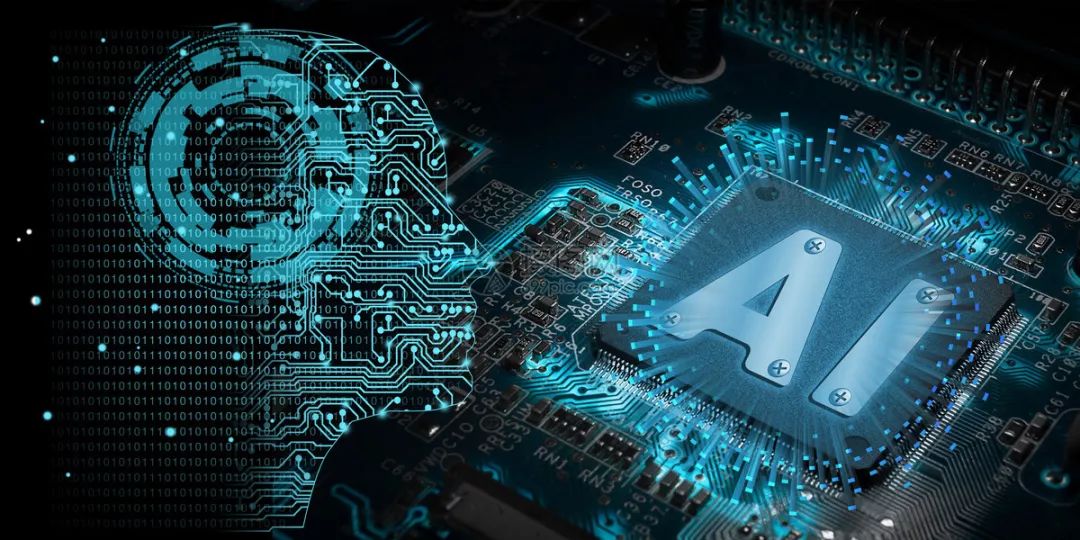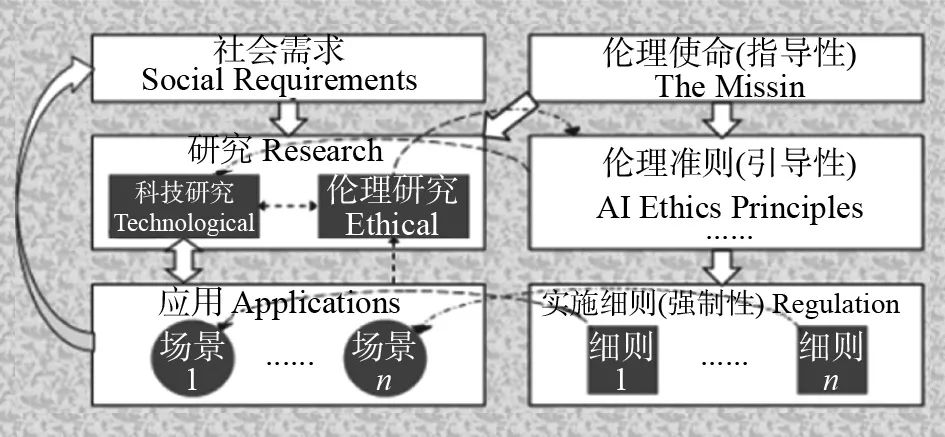[People's Commentary] Artificial Intelligence, Bounded By Law And Ethics
[People's Commentary] Artificial Intelligence, Bounded By Law And Ethics
Through in-depth discussions on legal, ethical and social issues related to artificial intelligence, we draw a boundary between legal and ethical and moral for intelligent society, and let artificial intelligence serve human society.
Through in-depth discussions on legal, ethical and social issues related to artificial intelligence, we draw a boundary between legal and ethical and moral for intelligent society, and let artificial intelligence serve human society.
Thanks to China's outstanding progress in the fields of the Internet, big data, cloud computing, etc., artificial intelligence has developed rapidly in the country. On August 23, the 2017 World Robot Conference with the theme of "Innovation, Entrepreneurship and Creation, Welcome to the Intelligent Society" officially opened at the Beijing Yichuang International Convention and Exhibition Center. In the foreseeable future, China's artificial intelligence industry will flourish in the fields of autonomous driving, smart medical care, smart finance, robots, etc.

From entertainment, travel to payment methods, artificial intelligence is quietly changing our lives. In July this year, the State Council issued the "New Generation Artificial Intelligence Development Plan", pointing out that artificial intelligence has become a new focus of international competition and a new engine of economic development, bringing new opportunities for social construction, and the uncertainty of the development of artificial intelligence also brings new challenges. Among these new challenges, the most concerned thing for ordinary people is perhaps the "human-machine relationship" in the era of artificial intelligence: Is there a risk of high-level artificial intelligence losing control? Will the machines of the future challenge the order of human society and even gain the ability to independently shape and control the future? With the rapid development of artificial intelligence, many people have such concerns.
Whether advanced artificial intelligence brings welfare or challenges is the subject that many literary, film and philosophical works are constantly discussed. In recent years, mass communication's attention to artificial intelligence has invisibly aggravated people's anxiety about the "human-machine relationship". The "two-dimensional" virtual idol supported by sound source library and holographic projection technology came on stage to sing and dance. Artificial intelligence used facial recognition technology and deep learning capabilities to challenge human memory experts. "AlphaGo" defeated Go masters from various countries and occupied the high ground of human intelligence games... Especially some variety shows that use "human-machine battle" as a gimmick, by confusing the concept of artificial intelligence, artificially rendered a tense atmosphere of opposition between humans and machines, which is neither necessary nor scientific.

In fact, all artificial intelligence is still the "intelligence" defined under the concept of "Turing Test". Whether it is the translation program based on neural network algorithms that will be popular, or various models based on quantum computing theory, it will be a tool that belongs to humans for a long time in the future. Writer Han Shaogong put forward the interesting hypothesis of "setting a Writer Association when a robot is a robot", explaining his views on the opposition between human-computer from a literary perspective. He believes that values are the ultimate characteristics and advantages of human beings. The development of artificial intelligence should prompt people to explore the essence of their own existence and strengthen the value of human beings themselves.
Despite this, as we are about to enter the era of artificial intelligence, we still need to carefully define the relationship pattern between human and machine. In the "Plan for the Development of New Generation Artificial Intelligence", the State Council proposed to "establish an artificial intelligence legal and regulatory system, ethical norms and policy system to form artificial intelligence security assessment and control capabilities." In the future, through in-depth discussions on legal, ethical and social issues related to artificial intelligence, we should draw a boundary between legal and ethical and moral for intelligent society, and let artificial intelligence serve human society. This is also a consensus worldwide. Earlier this year, the MIT Media Lab and the Berkman Klein Center for Internet and Social Research at Harvard University jointly launched an AI ethics research program. Giants such as Microsoft and Google also established an AI ethics committee due to the development risks of artificial intelligence. More and more robot experts are calling for the installation of "ethical black boxes" on robots and automation systems to record the decisions and behaviors of machines. People have realized that the development of artificial intelligence should be based on the stability and well-being of human society.
China is developing rapidly in the field of artificial intelligence, and in the future, it should also give full play to the advantages of Chinese traditional culture. In the face of advanced artificial intelligence, we must not only regulate it through laws and policies, but also give it more openness and flexibility with civilization and ethics. In this regard, I believe that the Chinese civilization tradition will be more useful than the Western civilization tradition that focuses on logic and empiricality, and will more help to explore the "Chinese Intelligent Manufacturing" that takes into account both science and technology and humanities.


![[People's Commentary] Artificial Intelligence, Bounded By Law And Ethics](https://lcs-sfo.k4v.com/assets/public/default_cover.jpg)



